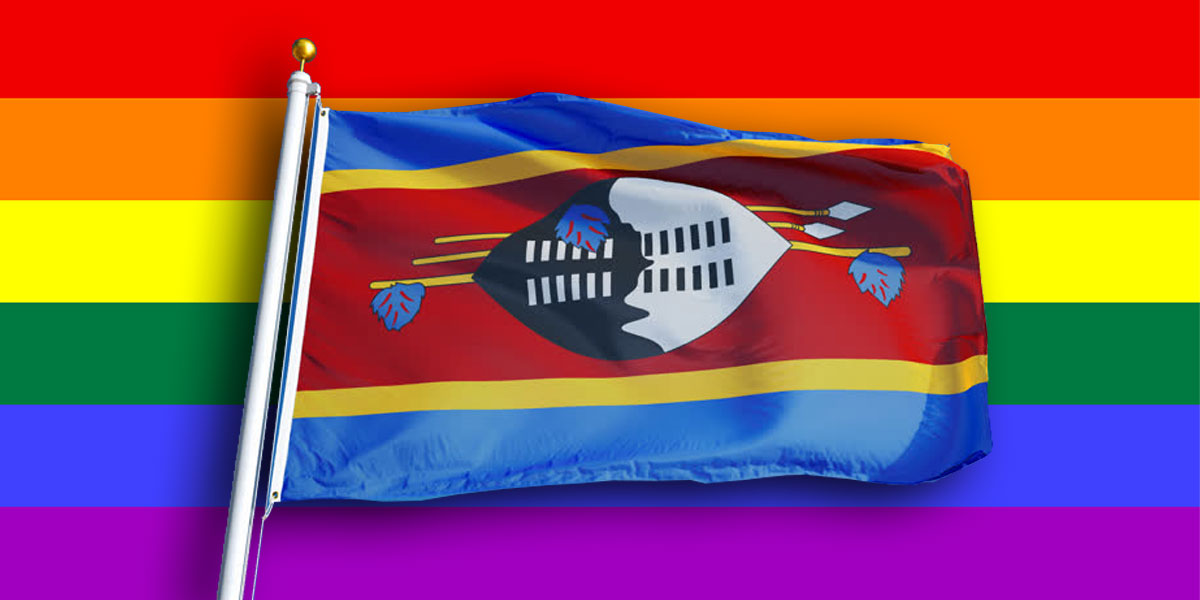Eswatini government to face LGBTI activists in court

An LGBTI group in Eswatini (formerly Swaziland) will present its case in the High Court in a bid to force the government to formally recognise its existence.
In September 2019, the government, through the Registrar of Companies, rejected an application for registration by Eswatini Sexual and Gender Minorities (ESGM).
“The Constitution, in Section 27, clearly states that marriages must be between men and women, whereas this association wants to promote same-sex relations, which is explicitly prohibited in our Constitution,” argued the Registrar of Companies Msebe Malinga at the time.
“It will be inappropriate for the registrar of companies to register an entity whose objectives are not provided for in the Constitution or any legislation,” he added.
ESGM has gone to court to challenge the rejection. The group argues that the registrar’s refusal has violated ESGM members’ rights to dignity, to associate and express themselves freely, to be treated equally and to not to be discriminated against.
The High Court is now set to hear arguments in the historic case on 24 June. ESGM is being represented by human rights lawyer Thulani Maseko and supported by the Southern Africa Litigation Centre (SALC).
Eswatini is one of the world’s last remaining absolute monarchies and has often been criticised for its poor human rights record. Offences such as sodomy are illegal and citizens “suspected” of the act can, in theory, be arrested without warrant under the Criminal Procedures Act of 1938.
ESGM aims to advance the protection of human rights of LGBTI people in the Kingdom of Eswatini. “There is a lot of discrimination, stigma and prejudice against LGBTI persons in Eswatini. Consensual sexual acts between men are still a crime in the country, even though the offence is not [enforced] in practice,” said ESGM founder, Melusi Simelane.
He insists that the registrar misrepresented the law, in that Eswatini’s legislation does not make it a crime to be lesbian, gay, bisexual or transgender, and specifically relates to sexual conduct, not identity.
“The law is the same for everyone,” said Simelane in a statement. “It must treat us all fairly. Our laws also do not make it a crime to campaign to protect the rights of LGBTI persons. We are free to speak our minds and to associate with and spend time with anybody we want to.”
He added: “There is no democracy when you cannot freely associate, assemble and express yourself.” Simelane has urged the international human rights and LGBTIQ+ community to support the organisation’s campaign and court case.
“We call on all to support our joint struggle to protect and promote the rights to freedom of association, assembly and expression in Eswatini,” he said.
In Kenya, the National Gay and Lesbian Human Rights Commission (NGLHRC) is also embroiled in a legal battle to try force the Non-Governmental Organisations Coordination Board to register it.
Leave a Reply